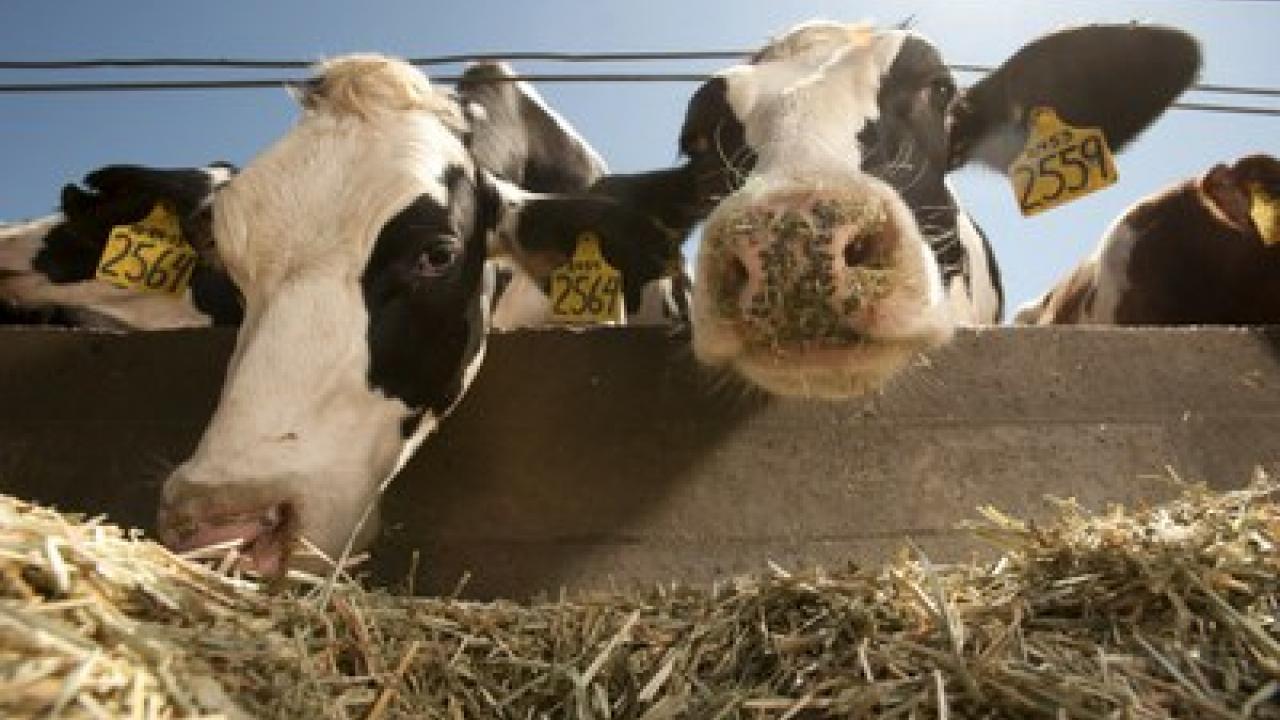



Article by: Hari Yellina
Is it possible to eat our way out of global warming? Could we eliminate animals and significantly reduce greenhouse gas (GHG) emissions if we all became vegans? These are just a few of the questions Dr. Sara Place, Elanco Animal Health’s chief sustainability officer, deals with on a daily basis. Place spoke at Farm & Food Care’s virtual Food and Nutrition Forum earlier this week about the expectations and reality of livestock’s environmental and climate change impact. One of the most common complaints of livestock farming is that animals eat food that could be used to feed humans. However, when it comes to competition for resources, Place claims that just 14% of global livestock rations can be consumed by people, while the UN Food and Agriculture Organization claims that 86% of animal feed is unfit for human consumption.
In an interview with Bernard Tobin of RealAgriculture, he believes that livestock are also very efficient feed converters, stating that cattle only require 0.6 kilogramme of protein to create 1 kg of protein. And animal production is becoming more efficient; in the United States, the amount of land required to cultivate crops for livestock has decreased by 26% since 1975, while productivity has increased. Place also takes on the idea that by lowering our reliance on animal protein, people can eat their way out of climate change. In the United States, livestock is responsible for 4% of GHG emissions (crop production contributes five per cent). Would a vegan world be enough to rescue the globe?
Place claims that if every American followed a vegan diet, U.S. greenhouse gas emissions would only be decreased by 2.6 percent, or 0.36 percent of global emissions, according to study published by the National Academy of Sciences in 2017. While eliminating animal protein would not save the environment, there are ways to reduce livestock’s environmental impact. According to research, continued improvements in animal genetics, feeding programmes, animal health, and waste and grazing management could reduce GHG emissions in the livestock sector by 30%.